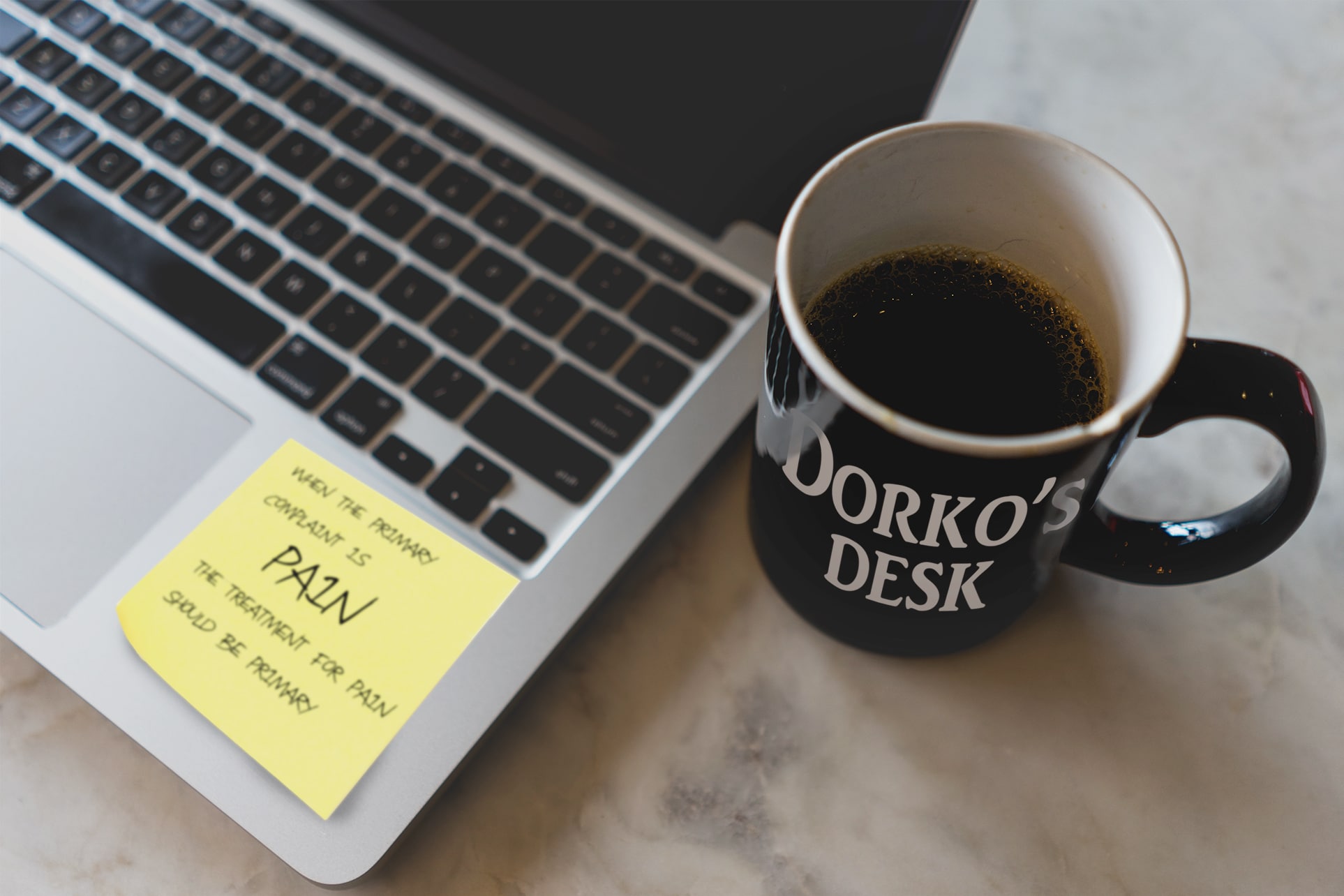When the woodcutter enters the forest, the trees
all murmur, “The handle of the ax is one of us.From the poem Apology by Ray Scheele
“Who are we going to use for patients?”
The therapist asking this question at a workshop is usually quite young. There is something sweetly innocent in their voice and manner. During my first hour’s lecture they take careful notes and now they are prepared to enter the arena of the practice lab, their learning radar tuned to some specific sequence of techniques that will lead them through evaluation and care.
I’ve learned not to say much in response. Maybe I’ll just raise my eyebrows a bit and glance around at the other therapists there. The eyes of a few tell me that they know we won’t have any problem finding people in the class who not only are in as much pain as anybody they saw last week, they are doing less for themselves than ordinary people pursuing care.
It’s not uncommon for therapists to tell me that they feel that our community is generally healthier, more aware of our body’s posture, more tuned into our use than the civilians who haven’t had the benefit of our training. But as I look around at literally thousands of us at conventions, I’m not struck by any vibrantly healthy or erect image common among my colleagues.
I’m not suggesting that we’re especially unhealthy in any way either, although I’ve heard many therapists complain bitterly that the regular use of heavy pressure by their hands on connective tissue has aggravated them in a variety of ways. I tell them not to do that. It doesn’t work.
As we walk en mass from one convention venue to another, no one on the street would say “Hey, that looks like a bunch of physical therapists!” We aren’t like a professional basketball team.
I don’t mean that any of this is bad. What I think is bad is when therapists get it into their heads that we are by virtue of our education somehow fundamentally different from the public at large when it comes to health. Sometimes young students seem to imagine that their degree offers them an immunity from the kind of pain and dysfunction that visits our patients either traumatically or insidiously.
Once we come to learn that, being human, we are no less likely to hurt when some confluence of events and processes overcomes our tolerance, we should at least grow more compassionate of our patient’s dilemma. When our own pain exceeds theirs, we might even begin to note that truly helping others is even more therapeutic for us. This seems to be a kind of universal law that heavy pressure with the knuckles (hard on the therapist’s hands) tries to break, and that’s another reason not to do it.
I love the poetic line at the beginning of this column. The poem itself describes the making of the handle, and how it never suspects that it is being turned against its fellows until it is too late.
Sometimes I feel that managed care thrives on this relationship, an “us versus them” mentality that we in our younger years tacitly accept without considering the consequences.
One day we feel like one of them, and we might even find the things we do for them don’t help us.
It’s the best lesson a clinician can ever receive. And the hardest.
